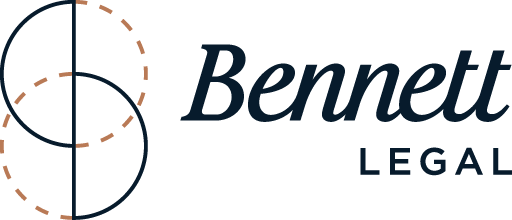Take head injuries seriously and don’t try to hide them. That’s the simple message of National Concussion Awareness Day on 18 September.
The day aims to overcome two problems that increase the risk of people suffering long-term medical harm from a head injury. The first is the misapprehension that a “knock on the noggin’” is just a minor injury that will sort itself out. The other is the fear of many sports players that reporting a head injury is seen as a sign of weakness and that a “tough” competitor would just suck it up and play on.
WHAT IS A CONCUSSION?
Part of the problem is that many people aren’t sure exactly what a concussion is. The most common medical definition is an injury resulting from the brain being jolted within the skull. This often comes from a blow to the head but can also come from whiplash and similar sudden movements of the head and neck.
A concussion can have two very different types of effect. The impact of the brain hitting the skull can cause localized damage, with the symptoms depending on what functions the affected brain area carries out.
Secondly, the concussion can overload neurotransmitters, which pass chemical signals through the brain. This can damage or block the axonal microtubules, which effectively work like a road network for carrying the signals.
WHAT ARE THE SYMPTOMS?
Because concussions are such a complex issue, they can present a range of symptoms including:
- A loss of consciousness, even momentarily.
- A loss of memory or an onset of confusion.
- Feeling dizzy or nauseous, or actually vomiting.
- Slowed reactions and responses.
- Impaired speech.
If any of these symptoms are present, it’s vital that the concussed person gets immediate medical attention. They must also avoid any activity with a further risk of head injury until they’ve been assessed and cleared by a medical professional. That’s because suffering a second concussion while still recovering from the first carries a dramatically greater risk of long-term damage.
Exactly why this is remains somewhat uncertain, though the most common theory is that while the brain is recovering from and rebuilding its structure, it doesn’t have the capacity to cope with the overload of chemical signals from a second concussion. That increases the chances of brain cells actually dying off.
ARE WOMEN MORE SUSCEPTIBLE TO CONCUSSIONS?
Indeed, researchers still have many questions about concussions. For example, while women report fewer concussions, their symptoms are more likely to be greater and longer-lasting. Possible explanations include weaker neck muscles meaning greater head movement on impact and thinner axonal microtubes that are more likely to break during trauma.
Another theory is that it’s because levels of a hormone called progesterone (which can aid cognitive skills and memory) vary across the menstrual cycle. Concussions may cause this level to drop, with the effect naturally being greatest when the level is at its peak.
ARE CONCUSSIONS PERMANENT INJURIES?
Other mysteries include why recovery times vary so much between patients, and what’s the best way to definitively diagnose a concussion and track the brain’s recovery. There’s also an ongoing debate about helmets in sports. Strictly speaking they can’t prevent a concussion, though they may have a cushioning effect that reduces the unwanted brain movement and thus reduces the risk and severity of symptoms. Helmets are also there to protect against severe impact injuries such as skull fractures, which is why it’s so important to wear a helmet that’s custom designed for a particular sport or activity and its specific associated risks.
In the meantime, education is the most important tool in preventing further damage from concussions. Professional, college and school sports leagues have a role to play in not just establishing protocols for assessing head injuries and withdrawing players until they are medically cleared, but in creating cultural norms where hiding a head injury or playing on is no longer seen as an act of bravery or toughness. Indeed, most states have some form of “Return to Play” law that sets out rules for how schools track injuries and decide when children can return to training or competitive sports.
The Brain Injury Association of America says the most important way people can help is to share their own experiences with friends, colleagues and local media, preferably using the hashtag #nationalconcussionawarenessday.
Meanwhile, if you’ve suffered a brain injury or other concussion effects, you may be wondering whether you have a case for legal damages. If so, contact Bennett Injury Law today on (972) 972-4969 for a free consultation.

